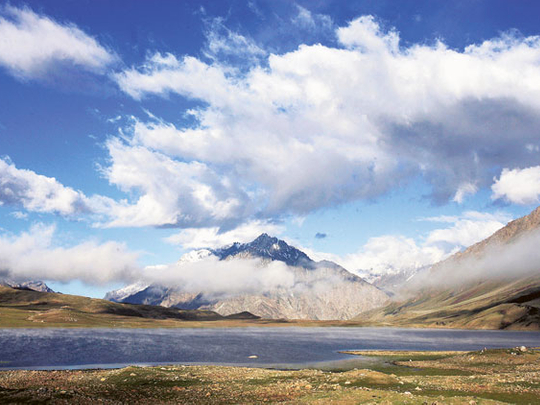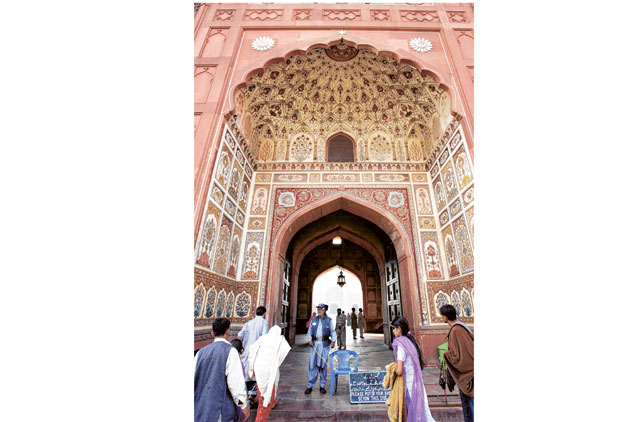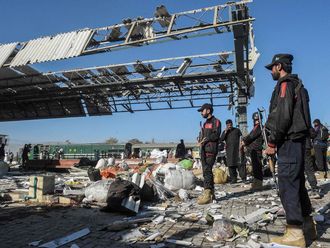
Takht-i-Bahi, Pakistan: Being a frontier state in the fight against terrorism, Pakistan may not rank high as a tourist destination for most people. But that doesn't mean that the government has given up on luring foreign visitors. The country possesses plenty of potential tourist draws, from prime examples of Mughal and Buddhist architecture to some of the world's highest mountains, but in recent years convincing foreigners to come visit Pakistan's wonders has been an uphill battle.
The Taliban insurgency has been a major put-off for would-be-tourists.
"Tourism is next to nil," Mehr Tarar, a columnist for the Daily Times newspaper, wrote recently.
Still, local tourism officials are trying but their efforts sometimes border on the delusional or the pathetic. Karachi's chamber of commerce last year organised an event to attract foreigners titled ‘My Karachi: an oasis of harmony' during that city's deadliest violence spree on record. Last winter the owners of Pakistan's only skiing resort declared it reopened years after the Taliban had destroyed the resort's only hotel and chairlift. The problem? The hotel and chairlift are still in ruins, and skiers were forced to carry their skis uphill before hitting the slopes.
Pakistan's government declared 2007 the ‘Visit Pakistan year', but that year also happened to be the birth year of the Pakistani Taliban, a group that has claimed responsibility for nearly every bombing in the country since then.
After a decentralisation process that was carried out last year, Pakistan's Tourism Ministry was dissolved and the responsibility for tourism promotion devolved to provincial governments. Home to some of the most spectacular scenery in the country, Khyber Pakhtunkhwa province — formerly known as North-West Frontier Province — has decided to forge ahead with aggressive tourism promotion.
At the end of last year, the province announced plans to revive a steam train between the province's capital Peshawar and the Khyber Pass on the Afghan border. Earlier this month, it participated in the International Tourism Fair in Madrid, the first Pakistani presence at the fair in more than a decade.
Also, this week Peshawar's chamber of commerce issued a blueprint to revive the province's tourism sector. Whether any of these efforts will pan out remains to be seen.
Local tourism promoters bemoan the country's bad rap but any violence looms large in the minds of outsiders. The fate of two Swiss tourists abducted in July remains unknown.
At Takht-i-Bahi, a sprawling Buddhist complex in Khyber Pakhtunkhwa and a World Heritage site, longtime guide Iftikhar Ali said the number of foreigners who visited the site last year reached a grand total of 13. As recently as 2004, foreigners were a daily sight at Takht-i-Bahi.
Ali reckons improving security is the only way to bring back foreign tourists. "Before 9/11, many foreigners came here," he said. "When the situation gets better many will come back."













